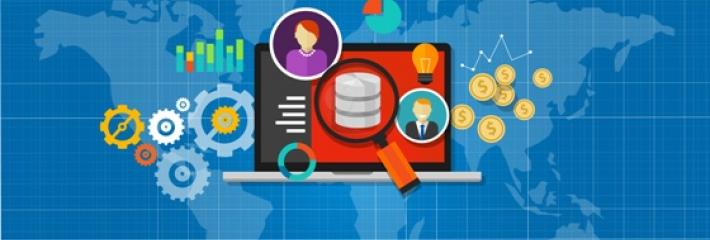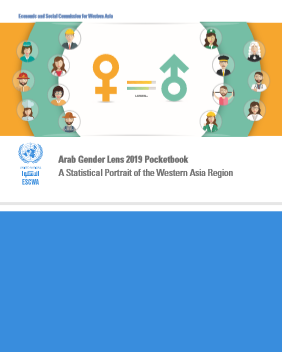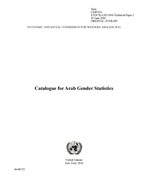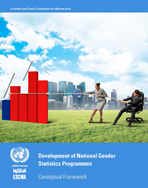Gender Statistics

Gender statistics inform policy and programme decisions, and are critical for effective monitoring and analyses of gender gains and gaps. The need and demand for gender statistics at the national, regional and global level for systematic mainstreaming of a gender perspective within national statistical systems and in the production of gender statistics remain unmet in many areas.
ESCWA, in coordination with many United Nations agencies and regional institutions launched the Development of National Gender Statistics Programmes in the Arab Countries (GSP) in 1997. GSP aims to enhance national capabilities in the production, use and dissemination of gender statistics to lead to more effective policies promoting change for the benefit of women and the advancement of society as a whole. The twenty-fifth session of the ESCWA in May 2008 adopted resolution 286 (XXV) on gender statistics for equality and empowerment of women and recognized the need to address the lack of timely, reliable, sex disaggregated data and statistics, and called upon member countries to develop a mechanism for the collection, dissemination and analysis of gender-sensitive indicators and sex disaggregated data for the formulation of gender-related and gender-sensitive policies and programmes.
To meet the growing demand for comparable gender statistics, the Gender Statistics Programme at the Statistics Division in ESCWA over the years has evolved and expanded its activities to include bulletins, technical papers and materials, expert group meetings and workshops, handbooks, databases and portals, capacity building and elearning toolkits, a regional newsletter on gender statistics activities in addition to a gender glossary in the Arabic language.









